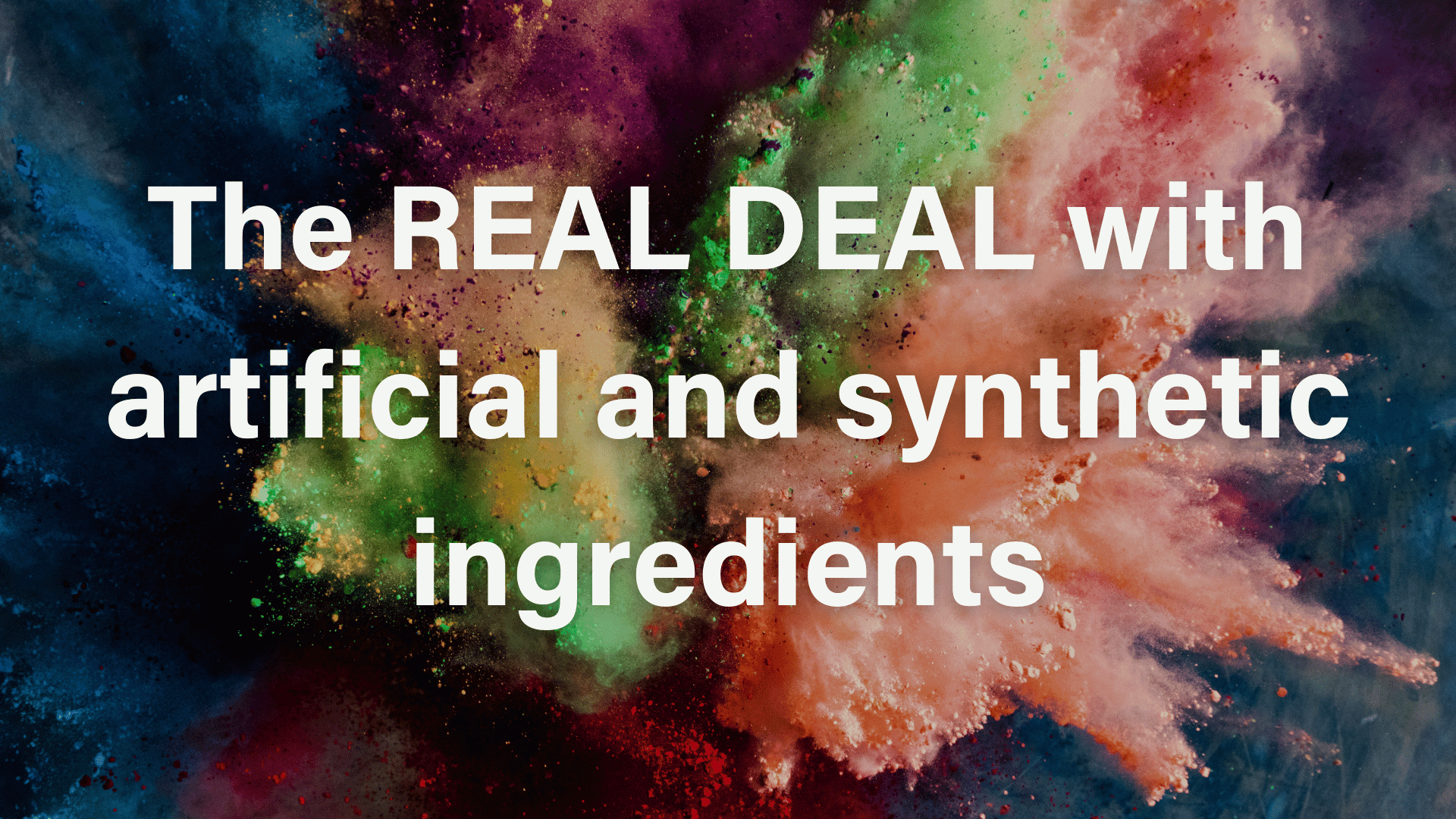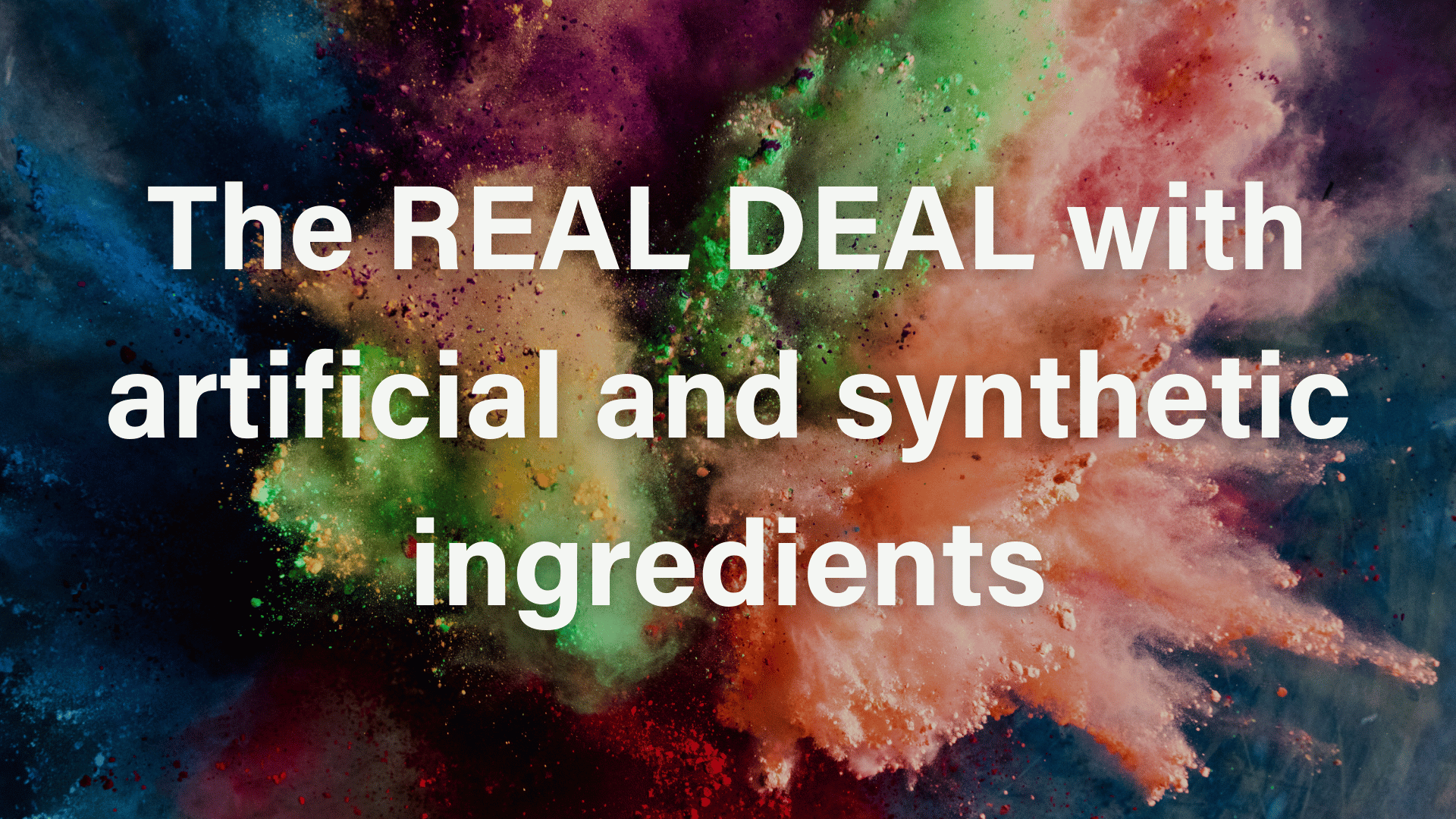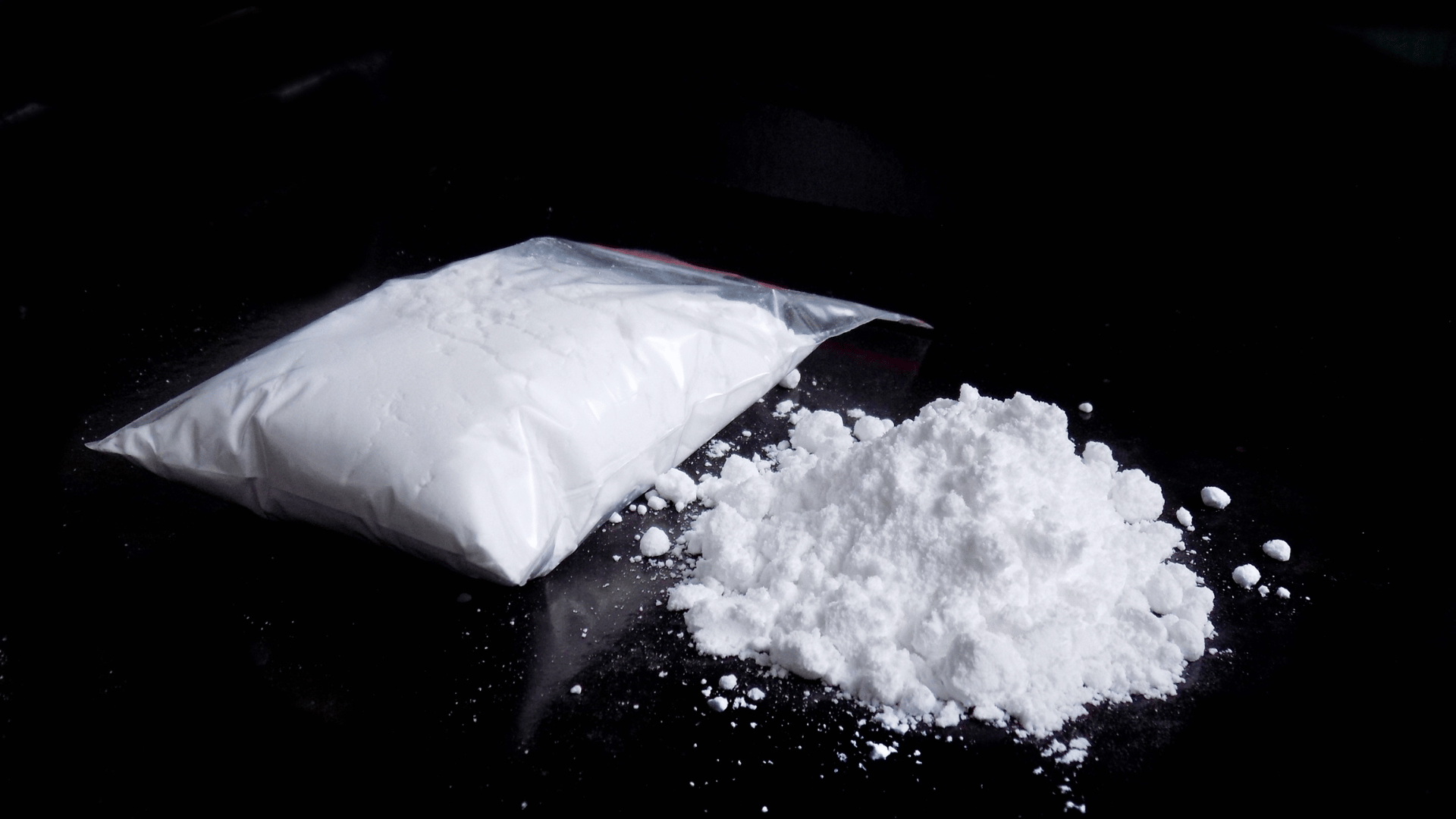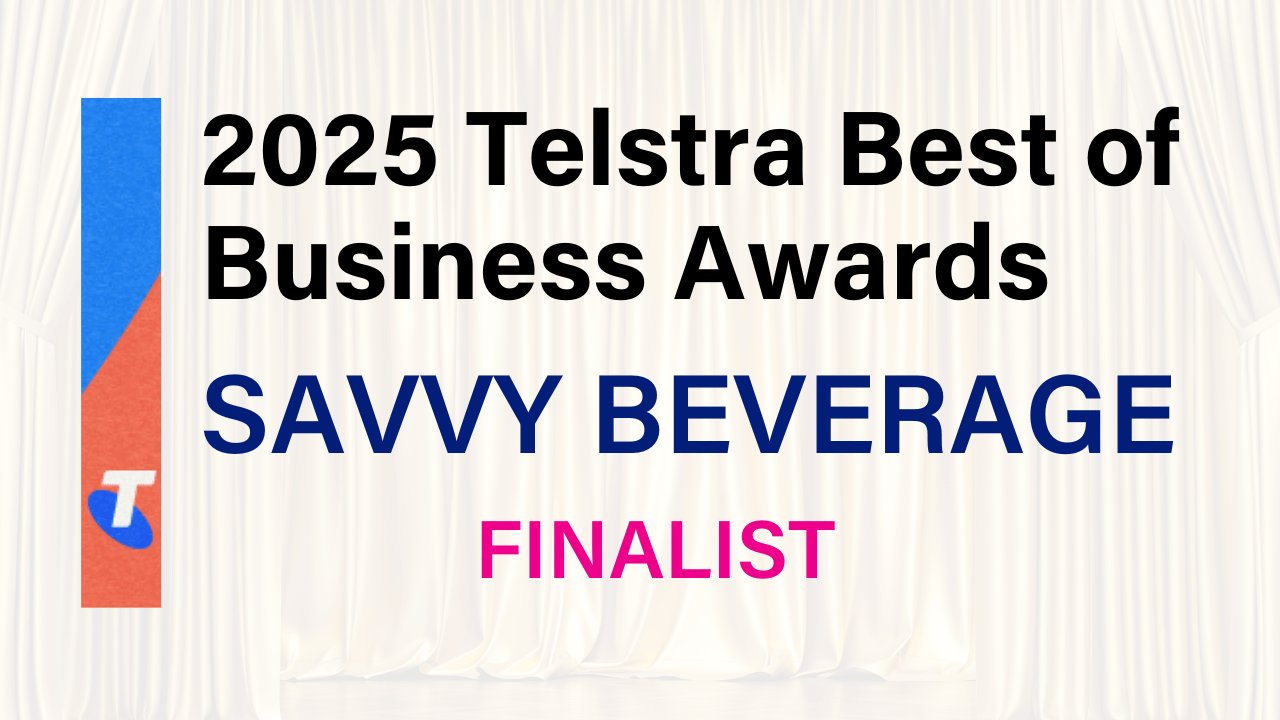
The REAL DEAL with Artificial and Synthetic Ingredients

Could you be paying an unwanted price for your performance boost?
Many people every day in Australia are having products with large amounts of synthetic and artificial ingredients.
Do you?
It matters.
The biggest issue in Australia is synthetic caffeine. The stuff used in cola, energy drinks, preworkouts, proteins, weight loss aids and a lot more.
Many people don't even know they're having it.
What is so bad about synthetic caffeine?
When you don't see the words 'natural caffeine' on the label, and instead just see 'caffeine' - there's a large chance it is not the naturally occurring caffeine you get from coffee or tea.
So what exactly is synthetic caffeine and where does it come from?
While naturally occurring caffeine comes from plant parts like coffee beans, tea leaves, and cocoa nuts, synthetic caffeine comes mostly from big factories, predominantly from China.
First developed in war times during 1942 and later produced by Monsanto, synthetic caffeine starts with ammonia that converts to urea. Then it’s combined with various chemicals to create the final product.
The Caffeine Con That Few People Know About
Here’s the problem with synthetic caffeine... Few people realise they’re consuming it! Most don’t know that the caffeine in weight loss products, energy drinks, and many others isn’t the same as the caffeine in coffee or tea.
Small to moderate amounts of naturally occurring caffeine in coffee, combined with its valuable antioxidants, are considered beneficial for health. However, too much synthetic caffeine can be disastrous.
Synthetic caffeine is potent stuff. One tablespoon of the chemical powder is equivalent to drinking 50 cups of coffee or 192 cola soft drinks at once – enough to kill you.
Just a quarter of a teaspoon can make your heart race and bring on anxiety.
Drink enough Red Bull or V drinks, one after another quickly enough, and you could find yourself in serious trouble...

How natural and synthetic caffeine are different
Compared to naturally occurring caffeine, there are four major differences between caffeine made in a lab as opposed to occurring in nature:
- Synthetic caffeine absorbs into your body faster, leading to a quicker rush
- Due to this faster spike, you end up jittery, and also have a crash
- Synthetic caffeine lacks vitamins and nutrients found in naturally occurring caffeine which help with absorption
- The effects are shorter, so you have "energy" for a lesser time
One tablespoon of synthetic or artificial caffeine is equivalent to drinking 50 cups of coffee.
Experts and researchers are becoming increasingly alarmed over the rising use of synthetic caffeine in so-called energy and performance beverages. So please be aware that Redbull and V are considered to be unhealthy for a reason.
Then we have the other issues of artificial sweeteners which are also in a lot of:
- Protein powders
- Weight loss formulas
- Sodas
- Energy Drinks
The big issues with artificial sweeteners
You probably know how we feel about artificial sweeteners.
Avoid them at all costs.
Your gut, where these artificial ingredients go, is where a large amount of neurotransmitters (brain chemicals) that are responsible for happiness and motivation are created.
And artificial sweeteners can cause issues to this process.
Examples of some sweeteners and the problems...
Aspartame has been shown to...
- Cross your blood-brain barrier and attack brain cells.
- Contribute to methanol toxicity and the formation of toxic formaldehyde, leading to dementia.
- Break down neurons and other cells that make up your nervous system.
- Increase symptoms of gastrointestinal and pain disorders.
Sucralose has been shown to....
- Reduce levels of red blood cells.
- Contribute to kidney enlargement and calcification.
- Significantly increase death rate in animal studies.
- Boost male infertility and miscarriage risk.
- Reduce beneficial gut bacteria.
- Alter glucose and insulin levels, thus promoting weight gain, insulin resistance and blood sugar issues.
Acesulfame Potassium (K) has been shown to...
- Accumulate in the blood of study animals and harm the lining of blood vessels (even worse than aspartame, fructose, or glucose).
- Alter your gut microbiome and contribute to weight gain.
- Turn on genes associated with chronic inflammation.
- Decrease many of the genes involved in key energy metabolism pathways.
Going natural isn't just a fun things to do because it's "healthy" it is rather because the artificial option is worse for you in SO MANY WAYS.
This is why savvy nootropic drinks and nootropics coffee will only use high quality natural and organic ingredients.







